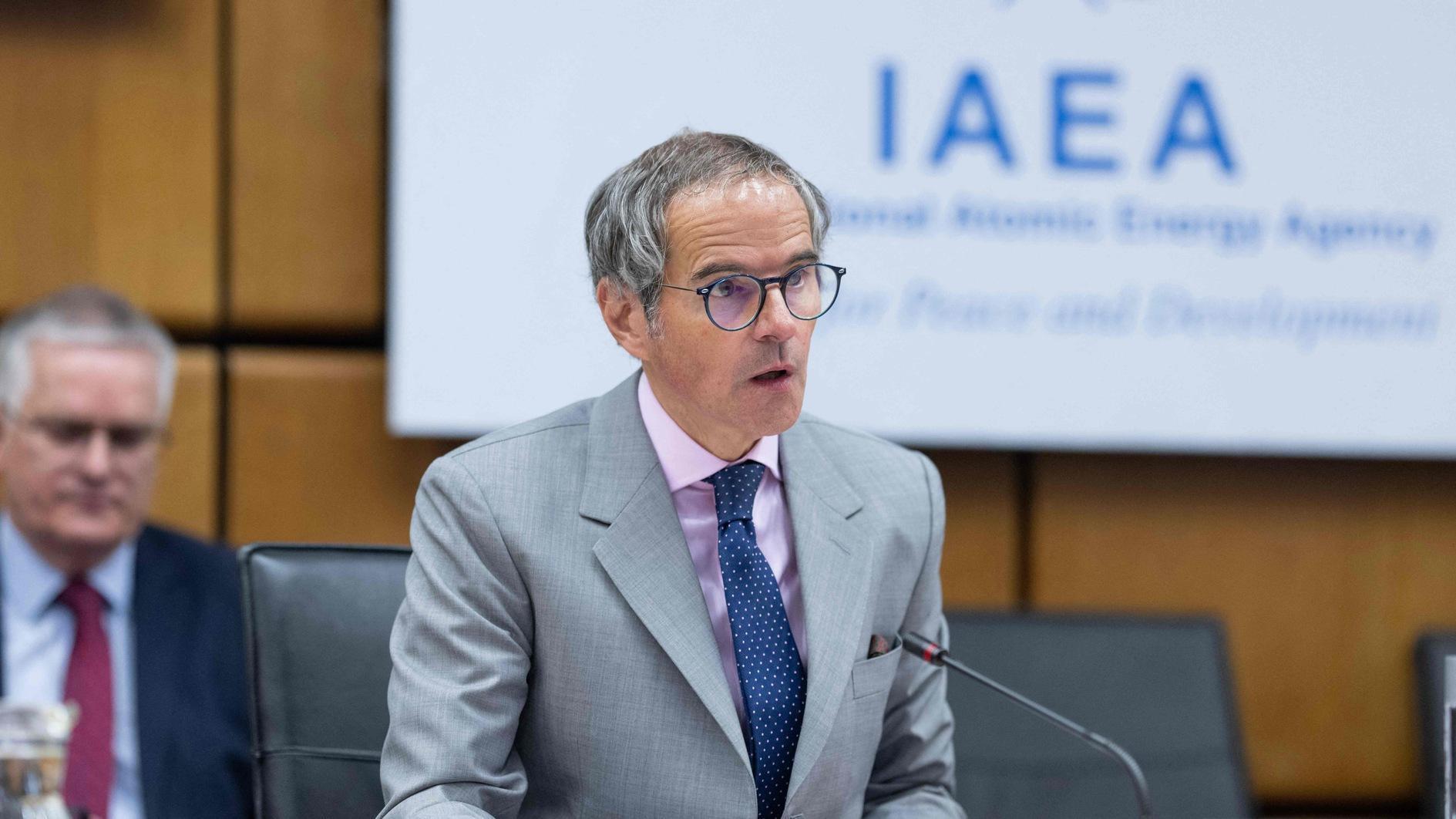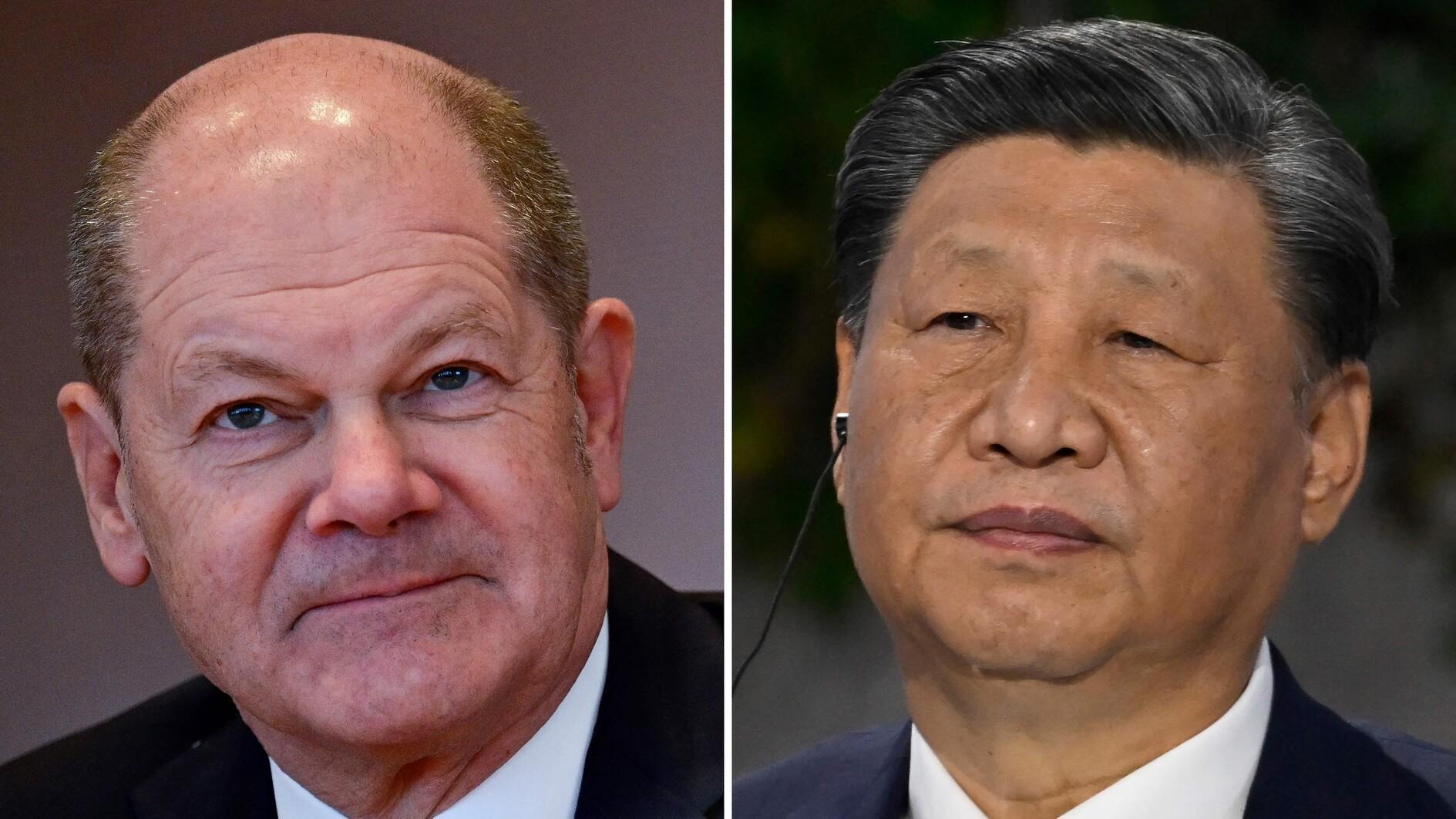Erdoğan seeks Barzani help in Kurdish bid and elections
Turkish Prime Minister Recep Tayyip Erdoğan’s invitation to Masoud Barzani, the President of the Kurdistan Regional Government (KRG) in Iraq to meet in the mostly Kurdish-populated Turkish city of Diyarbakır on November 16 serves a number of political purposes at once. In a way Erdoğan is trying to hit a few birds with one Barzani stone in this move.
At first, with this invitation Erdoğan has reminded Abdullah Öcalan, the imprisoned leader of the outlawed Kurdistan Workers’ Party (PKK) that he is not the only actor starring in the Kurdish theater. It is not a secret that Öcalan and Barzani are rivals over who is going to be the leader of the Kurds scattered across four countries in the region; namely Turkey, Iraq, Syria and Iran. So, Erdoğan thinks a bit of competition could push BDP to take a more conciliatory position regarding the dialogue.
Secondly, the invitation and Barzani’s accepting of it took place at a rather critical time. Erdoğan gives a particular importance to March 30 local elections in mostly Kurdish populated towns and cities in the southeast along the Syrian and Iraqi borders. He doesn’t want the Peace and Democracy Party (BDP) which shares the same grassroots with the PKK to be the only party winning mayorships and draw an unofficial map for Kurds in the region adjacent to the ones in Iraq and now in Syria, too. Right before Erdoğan’s invitation, the Democratic Unity Party (PYD), PKK’s sister organization in Syria, convened a “temporary” General Assembly for Kurds in Syria, despite warnings by Turkey to refrain from creating separate political entities in the civil war-struck country. PYD also declared Barzani’s Kurdistan Democratic Party (KDP) as an “Enemy of Kurds” because of not giving full support to their self-declared autonomy in Syria, despite the fact that the PKK has its military and political headquarters in the Kandil mountains, technically under Barzani’s control. Erdoğan’s invitation to Barzani came right after PYD’s insult to Barzani and declaration of autonomy. By inviting Barzani to Diyarbakır for the first time, Erdoğan includes Barzani into Turkey’s Kurdish bid as a turbo gear.
Third, Barzani has accepted to come to Turkey as the Turkish government is paying an effort to put relations back on track with the Nuri al-Maliki government in Iraq; they were not good for the last two years mainly because of supporting opposite sides in the Syrian war. The day that Erdoğan’s office made the Barzani announcement, Turkish Foreign Minister Ahmet Davutoğlu was in Nacaf and Karbala to visit Shiite holy places in defiance of claims that the Turkish government was following a pro-Sunni line in conflicts in the Middle East. A reconciliation with both Baghdad and Erbil could mean new oil and gas pipelines both from the Shiite South (yes, a new one to avoid strained Gulf traffic) and Kurdish North via Turkey to mainly European markets. Barzani could give the good news while in Turkey of accepting to install a meter on the pipeline for Baghdad to know the amount of exported oil, or gas.
And fourth, Erdoğan hopes to impress pious and conservative Kurdish votes and divert them from the BDP to his ruling Justice and Development Party (AK Parti) with the possible help of Barzani’s image. He also hopes a concert by İbrahim Tatlıses and Shiwan Perver, two folk singers of Kurdish origin could help AK Parti’s popularity in Diyarbakır and some other places in Diyarbakır and some other cities in the region.
Turkish local elections have never been intermingled with national and international matter this much before.











